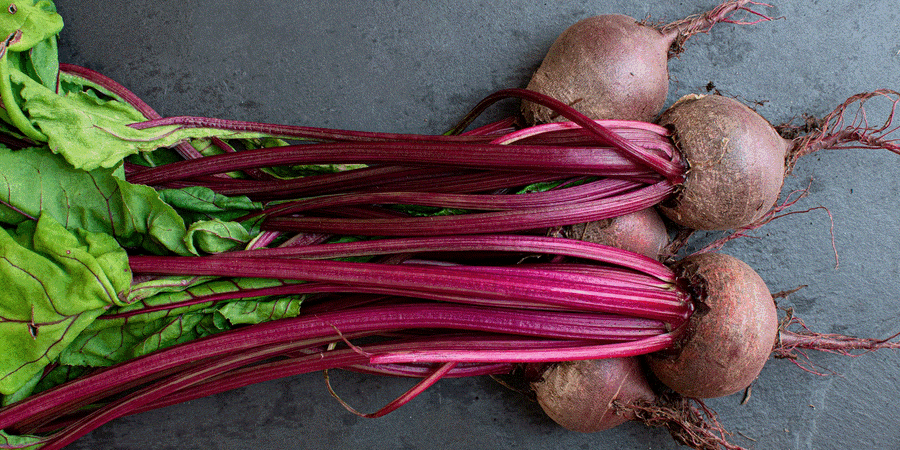Philadelphia, PA - Here are some of the most impressive benefits of beets. Not only can they help you reduce blood pressure and cholesterol, but they can also lower homocysteine levels and inflammation. But there's more to beets than just these benefits. Let's take a look. Below are some of the best ways to enjoy eating beets daily.
5 Health Benefits of Beets
Reduces blood pressure
Research has suggested that eating beets can reduce blood pressure. The color of beets is stunning, and it is surprising to note that beets are naturally sweet and versatile. They are great on salads and can be added to wraps or smoothies. They also help lower blood pressure and are one of the best vegetables for people with high blood pressure. Regardless of whether you have hypertension or not, you should definitely increase your vegetable intake. Beets are one of the top vegetables for high blood pressure and are worth a try.
Lowers homocysteine levels
The amino acid homocysteine is found in foods and may significantly impact your health. A high homocysteine level increases your risk of heart disease and stroke and can even lead to spontaneous abortion. A high homocysteine level can also cause hearing loss and migraine headaches. It has also been linked to a higher risk of Alzheimer's disease. To combat high homocysteine levels, eat foods rich in B vitamins.
Lowers inflammation
In recent years, research has shown that beetroot can lower inflammation. This vegetable contains anti-inflammatory compounds that may play a role in the prevention of oxidative stress and chronic inflammation. It also has anti-cancer properties. Beets have many other health benefits, so eating them daily may be wise. Here are some of those benefits:
Lowers blood sugar
While some may question the safety of beets, this colorful, sweet vegetable does not raise blood sugar levels in diabetics. They contain only small amounts of carbohydrates, making them a healthy choice for diabetics. This low-carbohydrate vegetable is great for diabetics because it provides a high-fiber, low-sugar alternative to bread. And because they are available all year round, they are a smart addition to any diabetes diet.
Lowers risk of diabetes
The scarlet color of beets is due to the presence of phytonutrients called betalains, which are rich in antioxidants. These compounds suppress inflammation, which is linked to many serious medical conditions. Eating beets, in particular, reduces inflammation and increases exercise tolerance. Beets contain low levels of fat and contain negligible amounts of cholesterol. Their nitrate content, considered beneficial for blood vessel health, also lowers the risk of diabetes.


